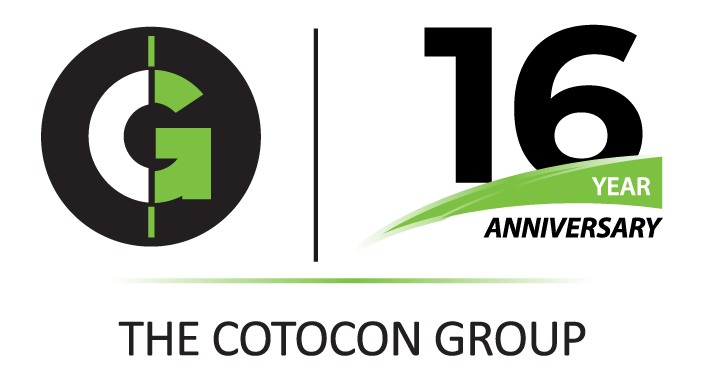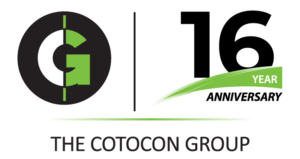As temperatures rise, so do energy bills—especially for commercial buildings in New York City. In a city where HVAC systems account for nearly 40–50% of total energy use, reducing cooling costs isn’t just about saving money—it’s also about complying with strict NYC Local Laws like Local Law 87 and Local Law 97.
If you’re a building owner, property manager, or developer, improving your building’s energy efficiency can help you cut operating costs, stay compliant, and reduce your carbon footprint. At The Cotocon Group, we specialize in helping NYC commercial properties lower energy consumption. Here are 5 effective strategies to help you start saving today.
1. Upgrade to a High-Efficiency HVAC System
Outdated HVAC systems are one of the biggest energy wasters in commercial buildings. If your system is more than 15 years old, it could be costing you thousands in energy bills and repair costs. Modern ENERGY STAR-certified HVAC systems are designed to use up to 30% less energy, operate more efficiently, and integrate with smart building controls.
2. Schedule a Professional Energy Audit
A comprehensive energy audit identifies inefficiencies that aren’t always visible—such as duct leaks, poor insulation, or HVAC misalignment. Under NYC Local Law 87, many commercial buildings over 50,000 square feet are required to conduct regular audits and retro-commissioning.
At The Cotocon Group, our certified energy auditors can assess your building’s performance and recommend actionable upgrades that lower cooling loads and boost ROI.
Compliance with Local Law 87 is not just a requirement—it’s a roadmap to smarter energy use.
3. Improve Building Insulation
Better insulation isn’t just for winter—it keeps cool air inside during hot NYC summers. Well-insulated walls, roofs, and floors can reduce cooling demands by 10–15%, especially in older commercial buildings.
Focus on:
- Roof insulation upgrades
- Wall cavity insulation
- Reflective window coatings or films
Even small insulation improvements can lead to long-term savings, especially when combined with efficient HVAC systems.
4. Seal Air Leaks Around Doors and Windows
Air leaks may seem minor, but they can drastically affect indoor temperature control. Gaps around windows, doors, or ducts force your HVAC system to work harder, driving up costs.
Professional blower door tests can detect leaks and help you seal your building envelope for better performance. Consider investing in energy-efficient windows and automatic door closers for high-traffic areas.
A well-sealed building performs better in both winter and summer—cutting costs year-round.
5. Invest in Retro-Commissioning
Retro-commissioning ensures that your building systems operate the way they were originally designed—or better. According to the U.S. Department of Energy, retro-commissioning existing buildings can reduce energy usage by 15% or more.
- This process identifies:
- Inefficient HVAC settings
- Poor equipment calibration
- Redundant energy use during off-hours
The Cotocon Group provides expert commissioning and retro-commissioning services that help buildings achieve both energy savings and LL87/LL97 compliance.
Partner with The Cotocon Group to Lower Your Cooling Costs
Energy efficiency isn’t just about equipment—it’s about strategy. From HVAC upgrades to energy audits, insulation enhancements, and retro-commissioning, The Cotocon Group offers tailored consulting services to help NYC commercial buildings cut energy costs while meeting local energy laws.
Get in touch today to schedule a consultation or learn more about our energy efficiency services.
Frequently Asked Questions
Q1: How much can I save by upgrading my HVAC system?
Modern high-efficiency systems can reduce your energy costs by up to 30%, especially when paired with smart controls and insulation improvements.
Q2: Is an energy audit mandatory in NYC?
Yes, under Local Law 87, buildings over 50,000 sq. ft. must undergo periodic energy audits and retro-commissioning.
Q3: What’s the difference between commissioning and retro-commissioning?
Commissioning is done during new construction or major renovations. Retro-commissioning evaluates and improves the performance of existing systems.



